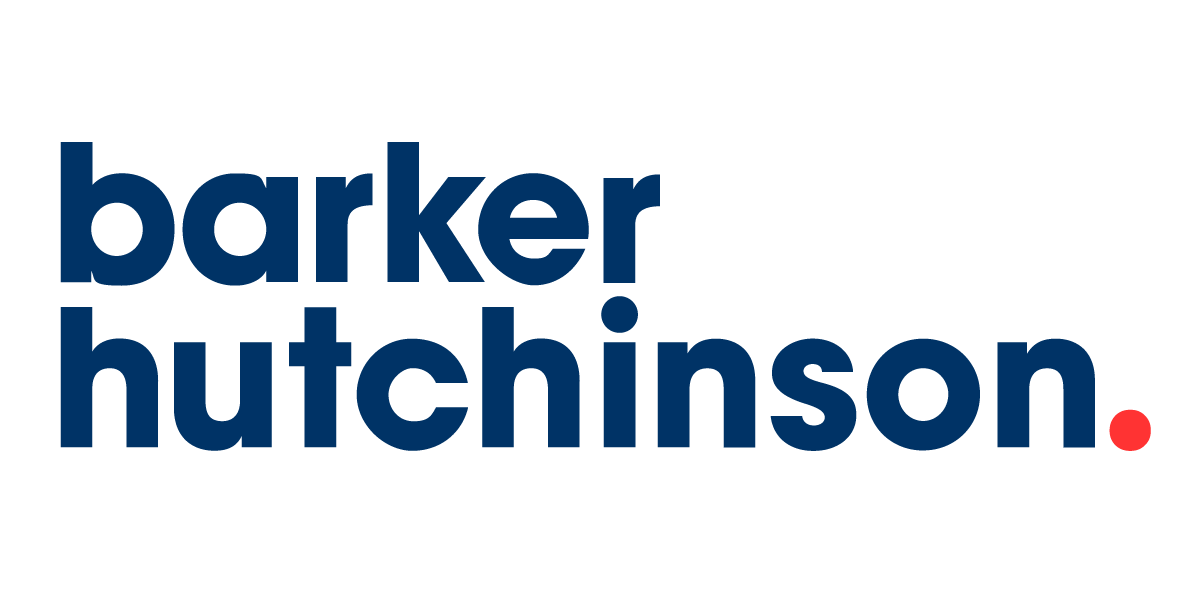It’s been more than year since we hired report writers to assist our investigators.
When we began the hiring process, we received several good questions about how we intended to integrate report writers into our work. Perhaps the most obvious question was, “Does someone who isn’t conducting the investigation prepare your reports?”
The simple answer is no—our report writers don’t draft our entire reports. They’re responsible for drafting report backgrounds, which introduce the reader to the concerns in question and provide a chronology of how the investigation began. They also prepare the first drafts of interview summaries using investigators’ notes.
Our reports include detailed, narrative-style interview summaries that can range from one or two to dozens of pages long. Our narrative approach to summaries gives the reader a clear snapshot of the information an interviewee presented, and it progressively grounds the reader in the context they need to understand the details of the case.
After our report writers have drafted an interview summary, the investigator reviews it. Investigators are responsible for finalizing interview summaries, documenting evidence collection, conducting relevant analysis, and structuring the report, all while ensuring complete accuracy. In workplace investigations, the investigator alone is responsible for writing credibility assessments and factual findings.
Our report writers proofread finished reports for grammar and style before the report is peer-reviewed. Our report writers also update and implement style guides to build a consistent reporting “voice,” they draw on their professional expertise to update and improve our language use (e.g., developing plain language and inclusive language guidelines), and they collaborate with investigators to structure reports in a clear, reader-centered way.
We’re always looking for innovative changes to the way we do things to improve our product and save our clients costs without sacrificing quality or accuracy. Working with report writers is one part of that process.
Here are the benefits we’ve seen from working with report writers:
- The quality and consistency of our reports has improved.
- Our reporting process has become more efficient.
- Cost savings for our clients, as a professional writer’s efficiency leads to our team producing reports in less billable time.
- The language of our reports is clearer, more reader-friendly, and more up to date with inclusive language guidelines.
- Our investigators can spend more time honing their interview, analysis, and evidence collection skills while still having complete control over the reporting process.
Language is a powerful tool. Used unskillfully, it can confuse the reader and inadvertently reinforce biases. Clear, impartial reporting is key to a high-quality investigation, and professional writers have the tools to balance clarity and nuance, articulating complex issues accessibly and accurately.






